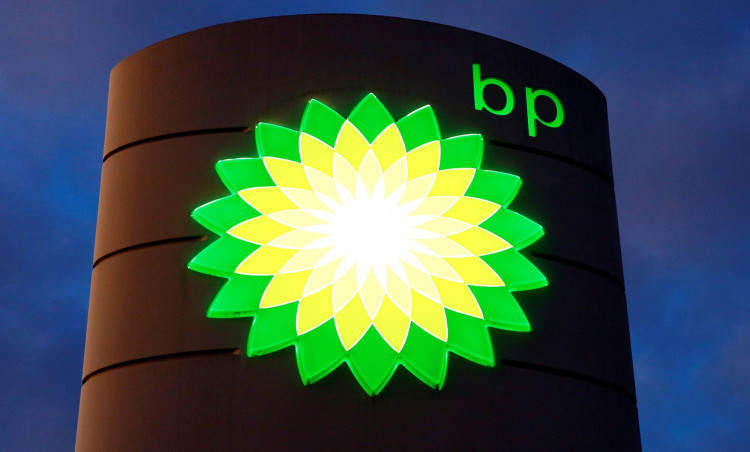Even the giants are not spared! BP, the British oil behemoth, announced on Tuesday a near 70% drop in profits in the second quarter, due to weaker oil prices compared to the previous year.
Despite the steeper than anticipated profit drop, BP still increased its dividends by 10% and stated plans to repurchase another $1.5 billion in stocks. This approach aligns with the actions of other oil giants. Shell, Total, Exxon Mobil, and Chevron, among others, also saw significant profit declines but continued to prioritize investor returns.
The results reveal that BP's Q2 replacement cost profit, used as a proxy for net profit, amounted to $2.6 billion. Analysts previously expected BP's second quarter profit to reach $3.5 billion, according to data compiled by Refinitiv.
In comparison, BP's profit for the first quarter of this year was $4.96 billion, while the profit for the second quarter of 2022 was $8.5 billion. Last year, thanks to soaring energy prices, oil giants enjoyed considerable earnings.
BP noted that the profit decline reflects a significant decrease in refining margins, higher turnaround and maintenance activity levels, and weaker oil trading performance.
However, BP's current return on its stock significantly surpasses the company's guidance.
The company previously indicated that if Brent crude prices were around $60 per barrel, it anticipated repurchasing approximately $4 billion in stocks and increasing dividends by 4% each year. In the past four quarters, the company has repurchased $10 billion in stocks and increased dividends by a fifth.
Stuart Joyner, an analyst at the British research firm Redburn, commented in a report on Tuesday:
"Considering the potential weaker performance and increase in net debt, the move to raise dividends and pledge more stock repurchases is surprising," Joyner said. "However, as the industry increasingly relies on returns for trading, this could boost the share price on the day the financial results are announced."
Nevertheless, such substantial cash expenditures have drawn some criticism amid many countries struggling with cost-of-living crises and the world requiring significant investments in low-carbon energy to combat climate change.
Notably, in the context of weak profits, buybacks and increased dividends have a significant side effect - increased debt. The company's net debt increased by more than $2 billion from the previous quarter, reaching $23.7 billion, although this is still far lower than levels from a few years ago.
In terms of capital expenditure, BP adheres to its capital expenditure plan of $16 billion to $18 billion for the year. So far, the company has invested $7.9 billion and is expected to reach the lower end of this range by year-end.
Like Shell, BP has also faced criticism in recent months for downplaying its climate commitments. In 2020, the company announced a goal to reduce emissions by 35% to 40%. However, in early February this year, the company stated that the current target is to reduce emissions by 20% to 30%.
BP's CEO Bernard Looney explained:
"In fact, we announced in February that we would invest an additional $8 billion in energy transition over the next decade, with expenditure between $55 billion and $65 billion," said Looney.
"At the same time, we announced an increase in investment in oil and natural gas because it is crucial that we invest in these energy systems' supplies to meet demand. If we don't, only one thing will happen - prices will rise. We need to transition quickly while ensuring that the transition is orderly," he concluded.




